The key to buying or selling a property in the way that best suits your interests starts with understanding everything you need to know about the market and what it takes to purchase a property.
When it comes to getting things right, real estate agents help you along the way. But getting to know the ins and outs of the real estate market and how they apply to you is a great way to walk into the process prepared and ready for anything.
The Cyclical Nature of the Real Estate Market
Real estate is highly cyclical because market changes are constant. The cycle has four phases: recovery, expansion, hyper-supply, and recession.
Recovery is the phase when properties can be purchased at below-market values. Expansion occurs when the economy begins to improve and more transactions occur. During this time, demand for properties and housing increases, leading to growth in the market.
During the hyper-supply phase of the real estate cycle, people begin to speed up the process of bringing properties to the market to help meet the demand of buyers. There may be higher listing prices and more competition during hyper-supply. Eventually, supply begins to outweigh demand, and it moves to the next phase: recession. Recession occurs when there are far too many properties and not enough buyers, leading to high vacancy rates.
These four phases cycle continuously through months, years, or decades.
The Ultimate Guide to Buying Your First Home
Now that you understand a bit about the real estate cycles, you can begin to learn more about how to approach buying your first property. There are several factors to take into consideration when you want to get into the market, such as:
· Saving for a down payment
· Finding the right REALTOR®️
· Navigating the home-buying process
Purchase prices dictate how much of a down payment you need to save. If a house is less than $500,000, you will need 5% of the purchase price. At $500,000 to $999,000, you will need 5% for the first $500,000 and 10% for the remainder of the cost. For homes at $1 million or more, you will need 20%. Once you decide what your budget is for a property, you can figure out how much you need for the down payment and save for it by:
· Cutting out extra expenses
· Putting money you currently have into a high-interest savings account
· Withdraw money from investment accounts and TFSAs
· Use the first-time home buyers incentive to offset costs
· Only put your money in guaranteed investment accounts
· Borrow money from financial institutions, friends, or family
The new First Home Savings Account (FHSA) is also a great savings vehicle for your first home. Click here for more details.
After you’ve saved for a down payment and are ready to start the process, you can get pre-approved for a mortgage and find the right real estate agent. To do that, you will want to explore several options in your community.
Consider what is most important for your buying experience and focus on what each person offers. It’s all about how you want the process to go and which real estate agent can help you realize your dreams. Be wary of realtors who don’t take the time to explain the process to you in advance of “shopping”. Referrals from family and friends who know and trust the realtor are a great place to start.
After finding the right agent, you’re ready to start navigating the buying process. Your REALTOR®️ will help with a lot of the guesswork, but you have to be prepared for:
· Going to multiple showings before finding the right property
· Keeping your wants and needs list separate, focusing more so on your needs
· Lean on your agent to help with making reasonable offers and negotiations
The Real Estate Council of Ontario recently made large changes to how real estate is conducted in the Province. Learn more about what this means for you and how you are represented here.
A lot goes into buying your first home, and because of that, it can be a stressful experience. That said, knowing exactly how to tackle it and with the right help, will make the process much easier to handle.

